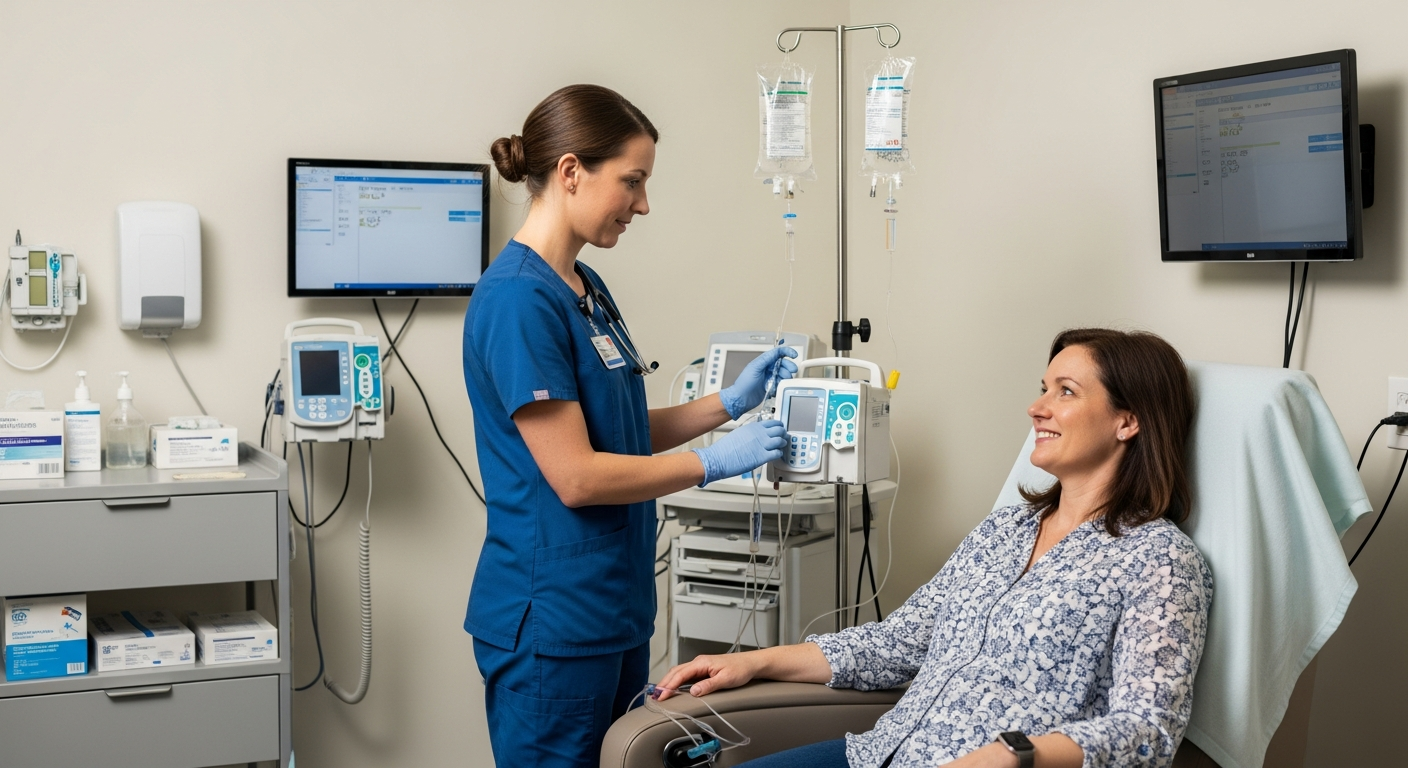Accelerated Nursing Training Programs: A Fast Track to a Promising Career
In today's rapidly evolving healthcare landscape, the demand for skilled nurses continues to grow. Accelerated nursing training programs have emerged as an efficient pathway for aspiring healthcare professionals to enter the field quickly. These intensive programs offer a fast-track route to a rewarding career in nursing, allowing students to complete their education and start making a difference in patients' lives sooner than traditional programs.

What are Accelerated Nursing Programs?
Accelerated nursing programs are designed for individuals who already hold a bachelor’s degree in a non-nursing field. These programs typically condense a traditional four-year nursing curriculum into 11 to 18 months of intensive study. They cover the same essential coursework and clinical experiences as traditional programs but at an accelerated pace. This rigorous approach allows students to earn their Bachelor of Science in Nursing (BSN) or Master of Science in Nursing (MSN) in a shorter timeframe.
How Do Fast-Track Nursing Programs Differ from Traditional Ones?
The primary difference between accelerated and traditional nursing programs lies in their pace and intensity. Fast-track programs require full-time commitment and often run year-round, including summers. They typically have more demanding schedules, with longer class hours and compressed clinical rotations. Traditional programs, on the other hand, follow a standard academic calendar and allow for a more balanced lifestyle. While accelerated programs are more intense, they enable students to enter the workforce sooner and start their nursing careers earlier.
What Key Skills are Developed in Accelerated Nursing Training?
Accelerated nursing programs focus on developing a comprehensive set of skills essential for success in the nursing field. These include:
-
Clinical skills: Hands-on patient care techniques and procedures
-
Critical thinking: Analyzing complex medical situations and making informed decisions
-
Time management: Balancing multiple responsibilities under pressure
-
Communication: Effectively interacting with patients, families, and healthcare teams
-
Adaptability: Quickly adjusting to new situations and technologies in healthcare settings
The intensive nature of these programs also fosters resilience and stress management skills, which are crucial in the fast-paced healthcare environment.
What Career Paths are Available After Accelerated Nursing Education?
Graduates of accelerated nursing programs have access to a wide range of career opportunities. Some common paths include:
-
Hospital-based nursing in various specialties (e.g., emergency, pediatrics, oncology)
-
Community health nursing
-
Long-term care facilities
-
Home health care
-
Advanced practice roles (with additional education)
-
Nursing education and administration
The versatility of a nursing degree allows graduates to explore diverse settings and specialties, adapting their careers to their interests and lifestyle preferences.
What are the Common Challenges in Intensive Nursing Programs?
While accelerated nursing programs offer numerous benefits, they also present unique challenges. Students often face:
-
Intense workload and time pressure
-
Limited work-life balance during the program
-
Financial strain due to full-time study and reduced work opportunities
-
Mental and physical fatigue from rigorous schedules
-
Rapid absorption of complex medical knowledge
Despite these challenges, many students find the rewards of completing an accelerated program outweigh the temporary difficulties, as they can enter the workforce sooner and begin their nursing careers.
What Insights Do Nursing Educators Offer on Accelerated Coursework?
Nursing educators emphasize the importance of preparation and commitment when considering accelerated programs. They advise:
-
Strong time management and organizational skills are crucial for success
-
Prior healthcare experience, while not always required, can be beneficial
-
A support system of family and friends is essential during the intensive study period
-
Self-care and stress management techniques are vital for maintaining well-being
-
Embracing the challenge and viewing it as an opportunity for personal and professional growth
Educators also note that while accelerated programs are demanding, they produce highly skilled and motivated nurses who are well-prepared for the challenges of modern healthcare.
| Program Type | Duration | Typical Cost Range (USD) | Key Features |
|---|---|---|---|
| Accelerated BSN | 11-18 months | $40,000 - $80,000 | Intensive coursework, clinical rotations, for non-nursing bachelor’s degree holders |
| Accelerated MSN | 18-24 months | $60,000 - $100,000 | Advanced practice preparation, research focus, for non-nursing bachelor’s degree holders |
| Traditional BSN | 4 years | $30,000 - $100,000 | Standard pace, broader college experience, for first-time college students |
Prices, rates, or cost estimates mentioned in this article are based on the latest available information but may change over time. Independent research is advised before making financial decisions.
Accelerated nursing training programs offer a unique opportunity for career changers and motivated individuals to enter the nursing profession quickly. While these programs are challenging, they provide a fast track to a rewarding career in healthcare. With the ongoing demand for skilled nurses, graduates of these programs are well-positioned to make immediate impacts in various healthcare settings, contributing to improved patient care and outcomes.




